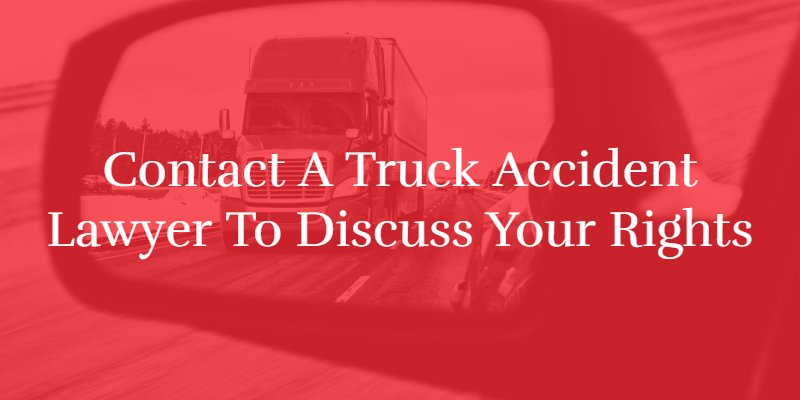Liability can be confusing in a truck accident claim in Texas. Unlike a typical car crash involving two passenger cars and their drivers, liability for an 18-wheeler accident does not always go to the truck driver. Complicated laws such as vicarious liability and federal statutes can apply to a truck accident case and make someone else liable, such as the trucking company or a part manufacturer. If you or a loved one was injured in an 18-wheeler accident, find out when you are able to bring a claim against the truck driver who caused the crash.
Trucking Company Vicarious Liability
Most commercial truck accidents in Texas involve the legal doctrine of vicarious liability. Vicarious liability, also known as respondeat superior (“let the master speak”), states that an employer can be held legally responsible for the actions of an on-duty employee, in most cases. Vicarious liability means that an employer takes responsibility for its workers and the injuries or deaths that they cause while performing job-related tasks.
Vicarious liability typically does not apply to independent contractors, as they work for themselves rather than an employer. Federal law, however, makes an exception in the commercial trucking industry. It holds trucking companies vicariously liable for most accidents involving their trucks and drivers – even if the truck is leased and the driver is an independent contractor. This means if a truck driver caused your accident in Texas, you most likely have grounds to sue the trucking company rather than the individual driver.
Truck Owner-Operators
While most truck drivers work for trucking companies, some of them operate under the title of owner-operators. These drivers own their own 18-wheelers and find their job contracts themselves rather than working for trucking companies. If your truck accident involves the negligence of a truck driver acting as an independent owner-operator, you may be able to file your claim against the driver directly rather than holding a trucking company vicariously liable. Truck drivers who work as independent contractors legally must carry minimum amounts of commercial trucking insurance to pay for any accidents that they cause.
Third Parties
If your truck accident was not solely the fault of the truck driver or trucking company, you may be able to include one or more other defendants in your injury claim. These are what are known as third parties. They are people or entities that were not directly involved in the crash but who can still be held financially and legally responsible due to their contributions to the accident. Common third parties named as defendants in truck accident lawsuits in Texas are:
- Truck part manufacturers
- Cargo companies
- Maintenance teams or repair shops
- Ground transportation teams
- Property owners
- Government agencies
Naming more than one defendant in your truck accident lawsuit can increase your odds of receiving the compensation that you need for your injuries and bills. Multiple defendants mean multiple insurance policies available to cover your losses. In Texas, a rule known as joint and several-liability states that if more than one party is found to be at fault for a plaintiff’s injuries, each party will be allocated a percentage of the responsibility. Then, each defendant is responsible for paying for an amount equivalent to his or her own percentage of fault.
 Discuss Your Rights With a Truck Accident Lawyer
Discuss Your Rights With a Truck Accident Lawyer
If you get injured in an 18-wheeler accident, the best way forward is with assistance from a truck accident attorney in San Antonio. Contact an attorney as soon as you can after your accident to explore your legal rights and options. An attorney can carefully review your case to determine who should be held liable, whether it is a truck driver, trucking company or third party. The Hill Law Firm offers free initial consultations to potential clients, where you can get legal advice from an attorney at no cost or obligation.
